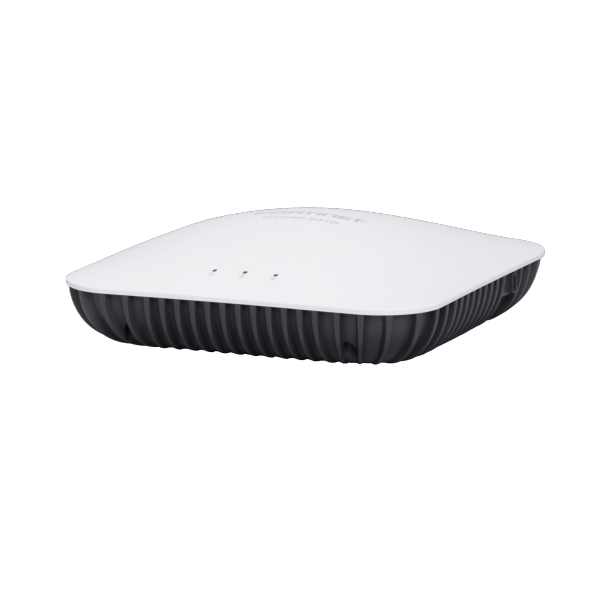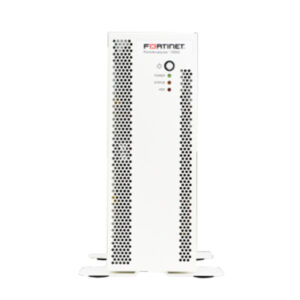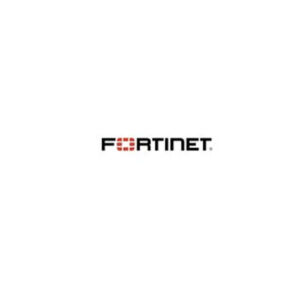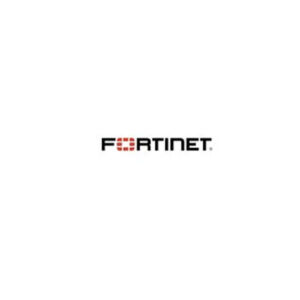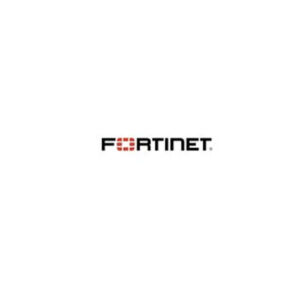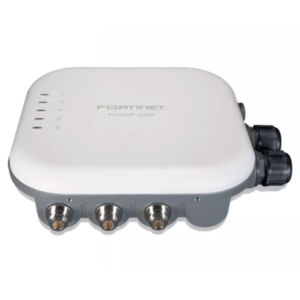FortiAP 231G
| SPECIFICATIONS | |
| Hardware | |
|
Hardware Type |
Indoor AP |
| Number of Radios | 3 + 1 BLE |
| Number of Antennas | Internal x2 Dual band Wi-Fi + x2 Tri-band Wi-Fi & Scanning + 1 Single band 2.4GHz BLE/ZigBee |
| Antenna Type and Peak Gain |
Omni Directional antenna. Dual band: 4.5 dBi for 2.4GHz, 5.5 dBi for 5 GHz Tr-band: 4.5 dBi for 2.4GHz, 5.5 dBi for 5 GHz & 5.5dBi for 6GHz band BLE antenna: 4.0dBi for 2.4Ghz |
| Frequency Bands (GHz)* | 2.400–2.4835, 5.150–5.250, 5.250–5.350, 5.470–5.725, 5.725–5.850, 5.925–6.425, 6.425–6.525, 6.525–7, 5.925– 6.875, 6.875–7.125 |
| Radio 1 Capabilities | Frequency band: 2.4GHz Channel width: 20/40MHz Modulation: BPSK, QPSK, 64/256/1024 QAM MIMO Chains: 2x2 Service |
| Radio 2 Capabilities | Frequency band: 5.0GHz Channel width: 20/40/80MHz Modulation: BPSK, QPSK, 64/256/1024 QAM MIMO Chains: 2x2 Service |
| Radio 3 Capabilities | Frequency band: 2.4GHz, 5.0GHz, and 6.0GHz Channel width: 20/40/80/160MHz Modulation: BPSK, QPSK, 64/256/1024 QAM MIMO Chains: 2x2 Service and Scanning |
| Maximum Data Rate | Radio 1: up to 574 Mbps Radio 2: up to 1201 Mbps Radio 3: Up to 2401 Mbps |
| Bluetooth Low Energy Radio |
Bluetooth scanning and iBeacon advertizement @10 dBm max TX power |
| Interfaces | 1 100/1000/2500 Base-T RJ45, 1 10/100/1000 Base-T RJ45, 1x Type 3.0 USB, 1 RS-232 RJ45 Serial Port |
| MDI/MDIX | Supported |
| Power over Ethernet (PoE) | 1 x 802.3at PoE default |
| Simultaneous SSIDs | Up to 8 per client serving radio (7 if background scanning is enabled) |
| EAP Type(s) | EAP-TLS, EAP-TTLS/MSCHAPv2, EAPv0/EAP-MSCHAPv2, PEAPv1/EAP-GTC, EAP-SIM, EAP-AKA, EAP-FAST |
| User/Device Authentication | WPA™, WPA2™, and WPA3™ with 802.1x or Preshared key, WEP, Web Captive Portal, MAC blocklist and allowlist |
| Maximum Tx Power | Radio 1: 2.4GHz: 23 dBm / 200 mW (2 chains combined)* Radio 2: 5GHz: 23 dBm / 200 mW (2 chains combined)* Radio 3: 5GHz: 23 dBm / 200 mW (2 chains combined)* 6GHz: 21 dBm 126 mW (2 chains combined @ 160MHz BW)* |
| Kensington Lock | Yes |
| IEEE Standards | 802.11a, 802.11b, 802.11d, 802.11e, 802.11g, 802.11h, 802.11i, 802.11j, 802.11k, 802.11n, 802.11r, 802.11u, 802.11v, 802.11w, 802.11ac, 802.11ax, 802.1Q, 802.1X, 802.3ad, 802.3af, 802.3at, 802.3az, 802.3bz |


